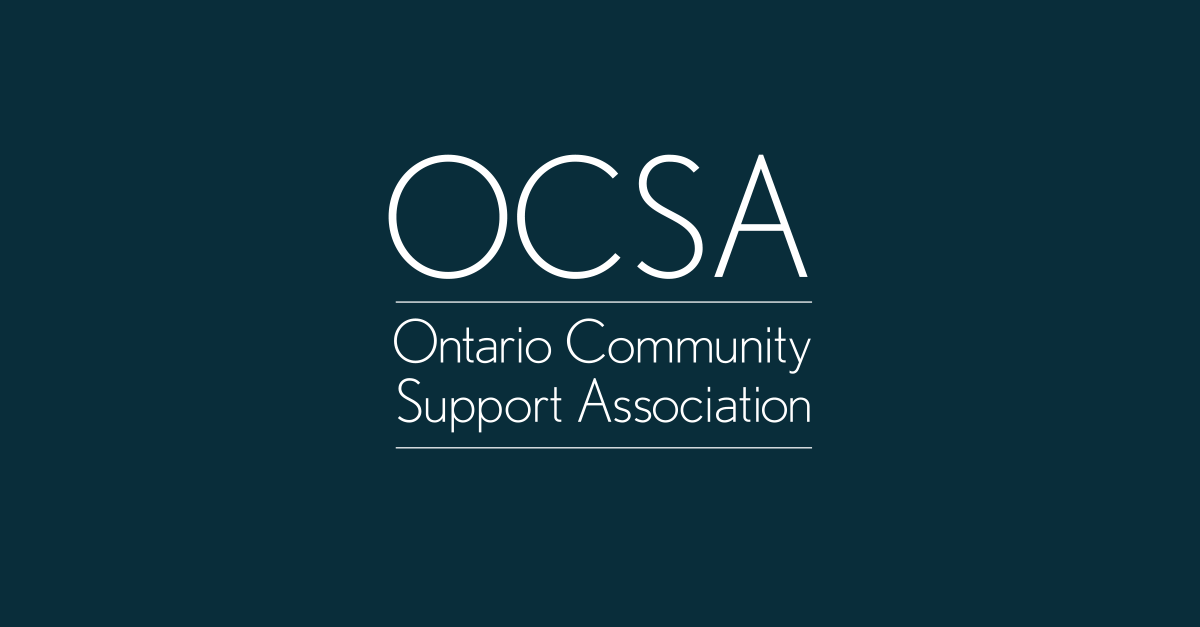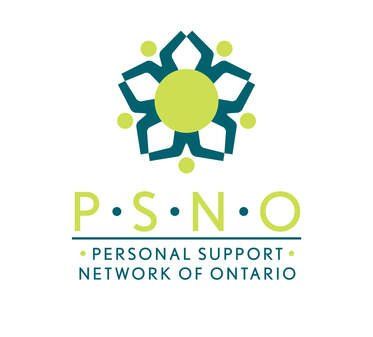By Davina Yawson
•
November 7, 2025
Toronto, ON – The Ontario Community Support Association (OCSA) welcomes the Government of Ontario’s announcement in the 2025 Fall Economic Statement of a $1.1 billion investment to protect and expand home care services. This significant commitment demonstrates government’s recognition of the vital role that home and community care plays in the province’s healthcare system. “The Ontario Community Support Association welcomes this significant investment in home care. Previous funding commitments have helped stabilize the sector, supporting a measurable reduction in staff turnover and fewer missed care visits. These improvements mean more Ontarians are receiving the care they need, when and where they need it. We encourage the government to continue to invest in programs like Hospital to Home and organizations that bring together home care, community support, and independent living services, which are essential to building a system that keeps people healthy, connected, and cared for at home.” — Lori Holloway, Chief Executive Officer, Ontario Community Support Association As the province looks ahead, OCSA stands ready to collaborate with the Ministry of Health and system partners to advance innovative models that integrate home care, community support, and independent living services. Together, these efforts will help build a sustainable, connected system that keeps people healthy and cared for at home. About the Ontario Community Support Association (OCSA) OCSA represents the full spectrum of organizations that deliver home and community support services across Ontario, helping people live independently and with dignity where they want to be—at home. Through advocacy, research, and member collaboration, OCSA works to strengthen the sector and build a more connected, person-centered health system. Media Contact: Karla Sealy Ontario Community Support Association Email: karla.sealy@ocsa.on.ca Website: www.ocsa.on.ca







